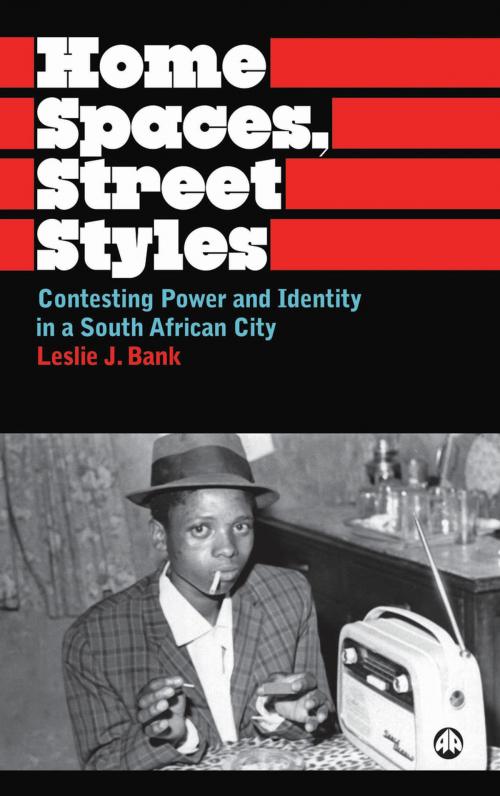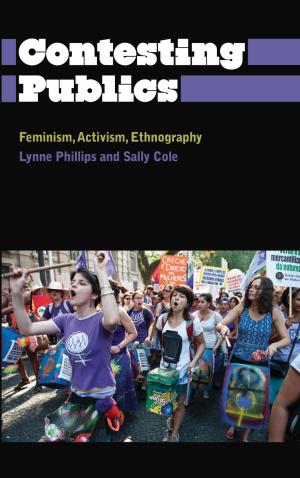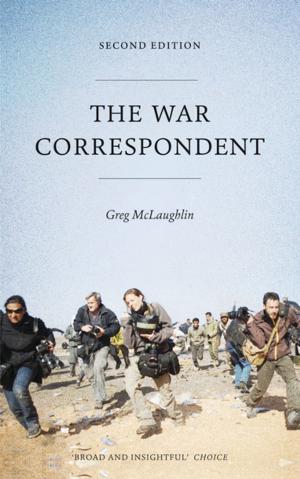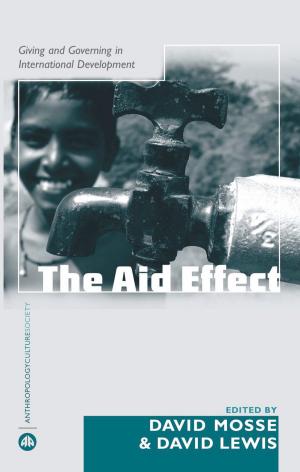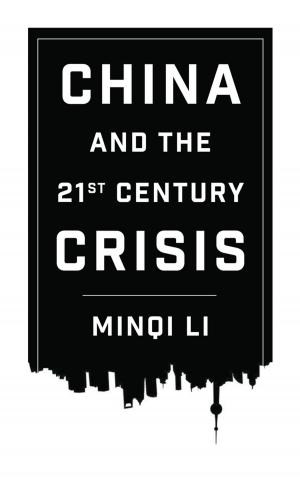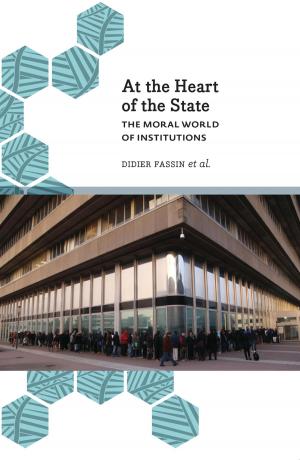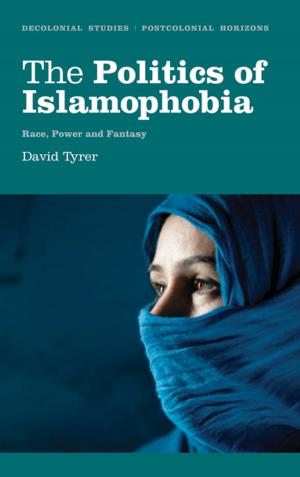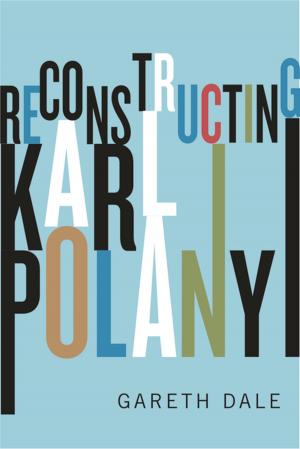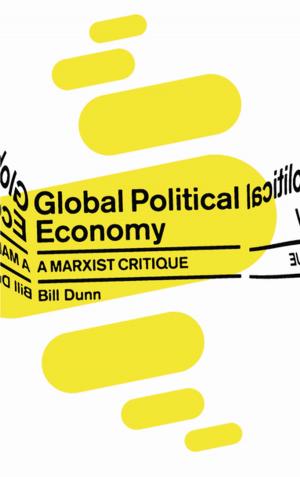Home Spaces, Street Styles
Contesting Power and Identity in a South African City
Nonfiction, Social & Cultural Studies, Social Science, Anthropology| Author: | Leslie J. Bank | ISBN: | 9781783713783 |
| Publisher: | Pluto Press | Publication: | December 15, 2009 |
| Imprint: | Language: | English |
| Author: | Leslie J. Bank |
| ISBN: | 9781783713783 |
| Publisher: | Pluto Press |
| Publication: | December 15, 2009 |
| Imprint: | |
| Language: | English |
This book revisits and updates some classic Anthropology - the Xhosa in Town series - based on research in the South African city of East London conducted during the 1950s.
The original studies concluded that there were two opposed responses to urbanisation in East London’s African locations, one embracing Westernisation, European values and Christianity and another opposed to it. The studies have been the subject of intense anthropological debate. Leslie Bank returned to the areas of East London studied in the 1950s to assess how social and political changes have transformed these areas, in particular the apartheid reconstruction of the 1960s and 1970s and the struggle for liberation followed by the post-Apartheid period in the 1980s and 1990s.
Bank has added important theoretical insights to this rich ethnography, and forged strong links with issues that transcend the particularities of his urban study.
This book revisits and updates some classic Anthropology - the Xhosa in Town series - based on research in the South African city of East London conducted during the 1950s.
The original studies concluded that there were two opposed responses to urbanisation in East London’s African locations, one embracing Westernisation, European values and Christianity and another opposed to it. The studies have been the subject of intense anthropological debate. Leslie Bank returned to the areas of East London studied in the 1950s to assess how social and political changes have transformed these areas, in particular the apartheid reconstruction of the 1960s and 1970s and the struggle for liberation followed by the post-Apartheid period in the 1980s and 1990s.
Bank has added important theoretical insights to this rich ethnography, and forged strong links with issues that transcend the particularities of his urban study.
